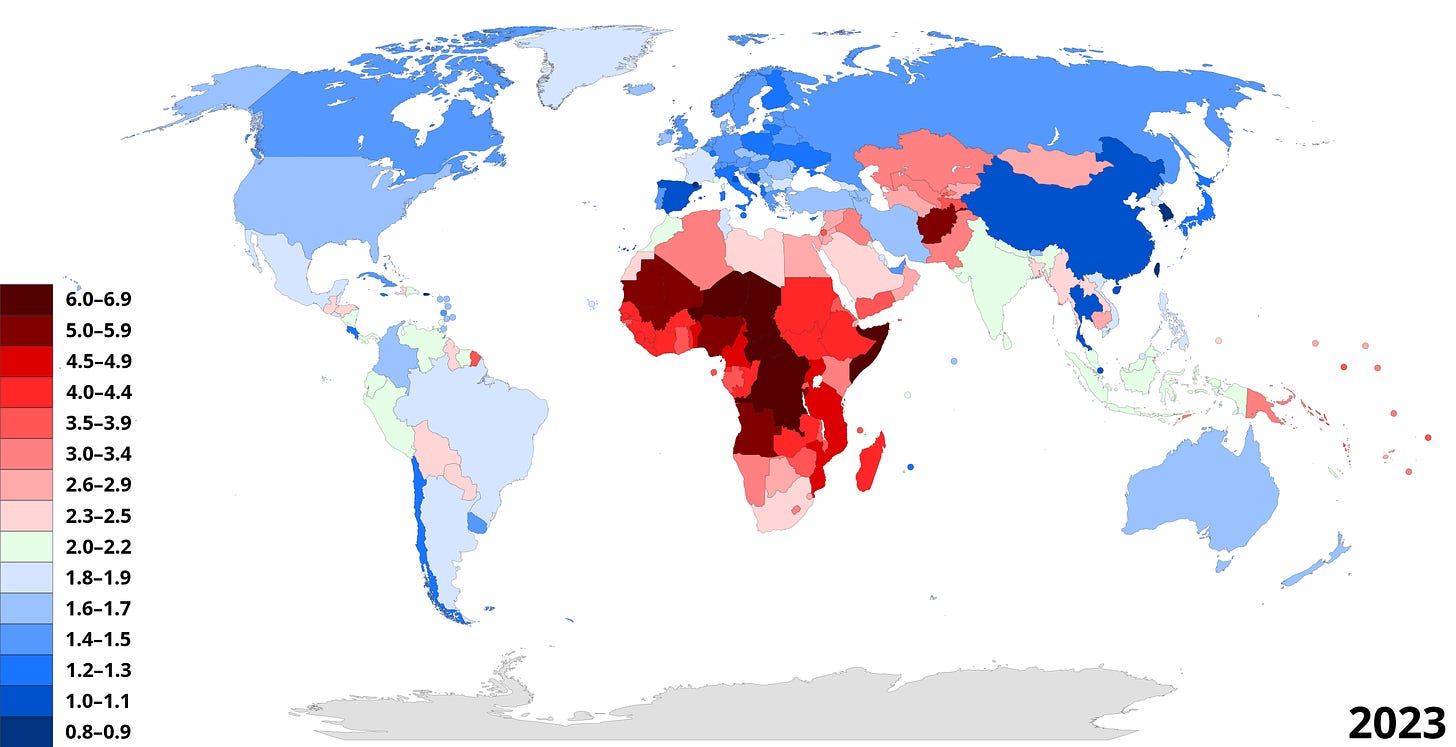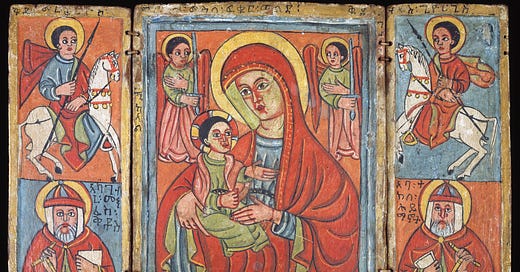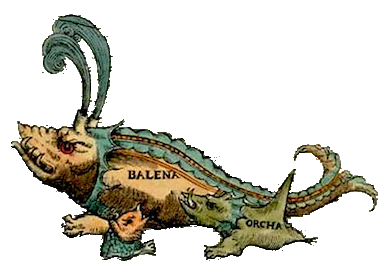I sing in a choir, which, come December, means two things — both of which have led to parallel observations that dovetail nicely into this post.
The first thing is that we sang Christmas carols in Christmas markets across town. We did this five times, such that I now have a pretty good grasp of the lyrics of quite a few songs, most of which I didn’t know well, or at all. For example, I learned that “We Wish You a Merry Christmas” is only tangentially about wishing people a merry Christmas — the real point of the song is to obsess over eating a dessert called figgy pudding.
But mostly, the songs are about a baby being born. This… didn’t exactly surprise me, of course. In many languages, including my own, the name of the holiday itself means “birth.” And I learned that Christmas is about the nativity of Jesus Christ when I was something like 6 years old, when my brother and I would decorate the Christmas tree with a set of cardboard books telling the story of Mary and Joseph. A very uncharacteristic thing to do for our 100% atheist family.
Maybe because it is so ingrained, though, I never really thought much of how Christmas is about birth. It seemed to be more about Christianity, or giving presents, or the colors red and green. Yet, singing those carols, most of which boil down to “hey guys, there’s a baby that was born over there in a stable/cave,1 we should rejoice!”, made me think that Christmas isn’t that different from congratulating your friends for having had a baby, and feeling happy for them.
The second choir-related thing that happened was a Christmas party. I was talking with a choir friend who had become a mom two years ago. The conversation ended up being about having kids, and how this is annoyingly difficult for male same-sex couples. I said that although I would like to have kids, it might not happen just due to sheer bureaucratic tedium, which would be a shame for many reasons, including that I am a pro-natalist. “A what?” my friend said, and I had to explain that I thought it would be good if people had more kids overall — which was somewhat awkward after having discussed how she wasn’t sure she wanted a second child given how tired she is from dealing with her first.
But I really am a pro-natalist, for all sorts of reasons. I wrote about that in an old post. At the core of the argument are what I consider to be compelling philosophical reasons to want more babies to be born: they add more consciousness to the universe, and that’s good. There are also pragmatic reasons: the evidence suggests that people aren’t having as many kids as they wish (I’ve read that most people wish for 2 to 3, so around the replacement rate of 2.1, but the fertility rate is around 1.5 in rich countries), so it’d be good to make sure everyone gets what they want. And then there are economic and cultural reasons — more people make wealthier and more dynamic societies. More pleasant places to live in.2
(Obligatory mention that if you want zero kids, that’s great, you do you; it’s just not ideal if, at the scale of entire societies, too many people also want that.)
Every now and then the fertility rates of various countries are published, and they’re almost always dropping. People discussed South Korea quite a lot earlier this year — its fertility rate is estimated to be a record-low 0.72 for 2023. I think it’s correct to consider this tragic.
The tragedy is most acute in Korea, but no place is safe. Only Africa and a few other countries in the Middle East and Central Asia are still healthily above replacement. Virtually all are trending downwards.

Because the effects take years to decades to be felt, and because human population is still growing thanks to places like Africa, the worldwide decrease in births is not necessarily an urgent problem. It certainly wouldn’t be a good idea to try to reverse the entire phenomenon, since the causes are themselves great for the most part — more wealth, more education, more empowerment for women. But it is a deep problem. Nobody knows how to increase fertility significantly. Many are trying.
I trust that we’ll eventually find a solution, though I don’t know what form that will take. Possibly it’ll be forced on us through natural selection, or through some kind of major technological change that makes fertility irrelevant. But if we do design a solution ourselves, it seems like a good bet that it’ll be cultural. Some kind of memetic agent that manages to defeat the antinatalist ones.
People love debating “the true meaning of Christmas.” They love it so much that there’s a Wikipedia article just about that phrase. The debate between Christmas as focused on Jesus and church, vs. its secular version that revolves around Santa Claus and partying, has been going on since the 19th century.
Wikipedia doesn’t say which one is correct. For what it’s worth, I think that this non-answer is actually right: there isn’t a “true” meaning of Christmas. Things are allowed to have multiple meanings! For a non-religious person like myself, Christmas has very little to do with Jesus, but I don’t mind whatsoever if other people build elaborate nativity scenes and sing their joy that the saviour was born in Bethlehem. (And also I might sing those songs myself because they’re fun even if you’re not religious.) The only mistake would be to claim that other people are wrong to care about whatever it is they care about.
But Christmas does have some culturally-accepted meanings, and while it’d be wrong to try to forcefully remove those that it already has, there’s no reason that we can’t add new ones.
Christmas as a pro-natalist celebration fits surprisingly well. It’s already about a birth; the conceptual step to make it about celebrating all births is small. It’s already a holiday that children particularly enjoy, and that we usually expect to spend with family. It already involves tropes like people (whether wise kings from the Orient or relatives living in distant cities) traveling from afar and bearing gifts for a child and their parents. And… it’s also a pretty good time to conceive new babies,3 as evidenced by charts like this:

Other than unprotected holiday sex, though, I don’t have a clear idea of what pro-natalist Christmas might mean. It doesn’t necessarily need to involve something specific. Just reminding ourselves that children are good, and when possible to do so without being cringe, encouraging each other to have them or support those who do. Just a slight cultural shift.
Of course, people who don’t like kids or don’t want any might not enjoy making Christmas more family- and nativity-oriented. That’s perfectly fine — your own true meaning of Christmas can be something else! Between attending midnight mass, cooking elaborate meals for the extended family, singing in a choir, boring coworkers with small talk at your office party, taking a long vacation in the tropics, ordering Chinese food because you’re Jewish or fried chicken because you’re Japanese, organizing a Secret Santa gift exchange with friends, or working for double pay because you don’t mind taking the holiday shift, there are plenty of Christmas traditions to choose from.
But sooner or later, humanity will be needing every meme it can muster in order to save itself from shrinking at every generation. And what is Christmas about if not saving ourselves?

Whether it’s a stable or a cave depends on your particular nativity tradition.
It helps that I’m basically unconcerned with the environmental cost of having more people, though that’s not what I want to discuss here. I guess I just think we can deal with the environment regardless of our population, and concerns about overpopulation have historically always been misplaced, and also more people might actually mean more solutions. See this for more on this topic.
For those who can, anyway.









Interesting thanks. I remember years ago being incensed by an article in The Times which lauded the idea that the brighter women around us were giving up on having children because they’d worked out that it was hard work and they’d rather climb the career ladder thanks. As a mum to young children then who was trying to juggle career and children it really made me mad as it completely devalued the contribution to society that parents make in having children. I do agree it should be a personal choice but at least recognise that the rearing of well balanced, humane adults to join society not only has value but provides the platform which enables others not to. Still rankles obvs! 😂
Christmas as a celebration of life and birth? Very interesting take, I've never thought of it that way. From a deistic perspective, the winter holiday can be interpreted as a spiritual affirmation of life ("God's greatest gift," as the movie It's A Wonderful Life puts it) without going into the whole Jesus or theology nonsense.